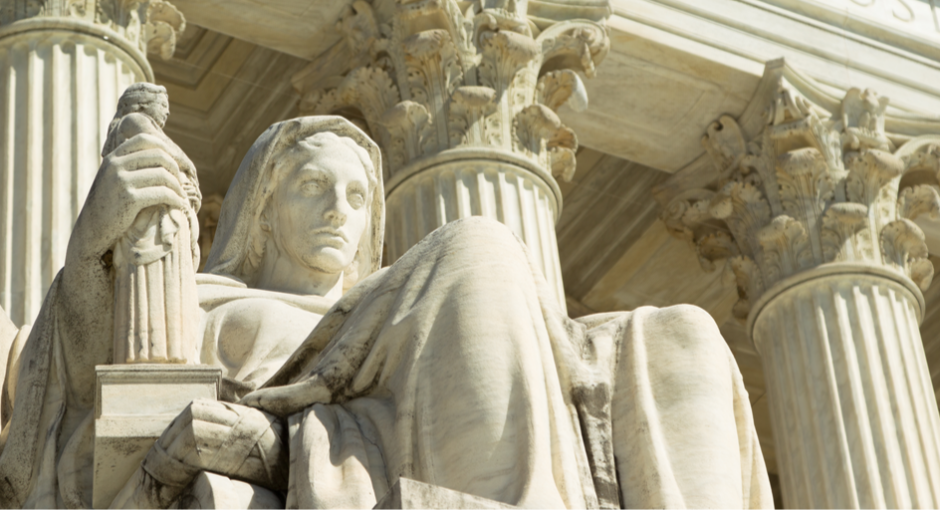UPDATE, June 15, 2022, 12:45 p.m. EDT—The U.S. Centers for Medicare & Medicaid Services said, “We are aware and reviewing the decision.”
The U.S. Supreme Court ruled unanimously this morning that the federal government unlawfully slashed Medicare Part B drug reimbursement for many 340B hospitals by almost 30 percent during 2018 and 2019.
Equivalent Part B payment cuts for 340B hospitals in 2020, 2021, and this year, however, are unaffected by the decision.
Writing for the court, Associate Justice Brett Kavanaugh held that the U.S. Centers for Medicare & Medicaid Services “acknowledged that it had not conducted a survey of hospitals’ acquisition costs—the statutory prerequisite for varying the reimbursement rates by hospital group.”
“If HHS has not conducted such a survey, HHS must instead set the reimbursement rates based on the average sales price charged by manufacturers for the drugs (with certain adjustments), and HHS may not vary the reimbursement for different groups of hospitals,” Kavanaugh said.
In April and May 2020, during COVID-19 pandemic’s first wave, CMS surveyed 340B hospitals about their average acquisition costs for drugs bought during the fourth quarter of 2018 and the first quarter of 2019 and subsequently billed to Part B. CMS based its 2021 and 2022 reimbursement cuts for 340B hospitals in part on that survey. That survey’s legality and CMS’s cuts in 2020, 2021, and 2022 were not before the court in the case decided today.
Kavanaugh said “HHS’s argument that Congress could not have intended for the agency to ‘overpay’ 340B hospitals for prescription drugs ignores the fact that Congress, when enacting the statute, was well aware that 340B hospitals paid less for covered prescription drugs. It may be that the reimbursement payments were intended to offset the considerable costs of providing healthcare to the uninsured and undersinsured in low-income and rural communities. Regardless, this court is not the forum to resolve this policy debate.”
The three hospitals groups that sued CMS—American Hospital Association, Association of American Medical Colleges, and America’s Essential Hospitals—said this morning they were pleased that the court agreed with them that the payment cuts were unlawful.
“This decision is a decisive victory for vulnerable communities and the hospitals on which so many patients depend,” the groups said. “Now that the Supreme Court has ruled, we look forward to working with the administration and the courts to develop a plan to reimburse 340B hospitals affected by these unlawful cuts while ensuring the remainder of the hospital field is not disadvantaged as they also continue to serve their communities.”
HHS did not immediately respond to a request for comment on the court’s decision.
340B Report will have a more detailed look at the decision and its implications in tomorrow’s regularly scheduled issue.


